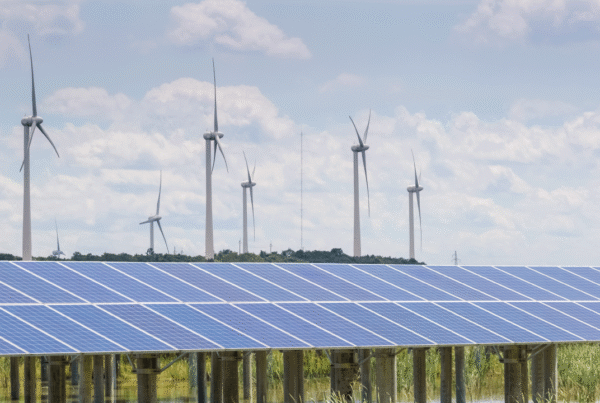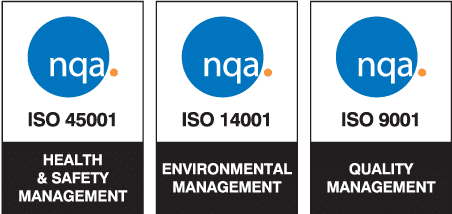
One of the main benefits of renewable energies is their great ability to reduce air pollution as they do not emit air pollutants during their operation. By using abundant and clean natural resources, these technologies help reduce the amount of pollutants released into the air, thereby improving air quality and protecting public health.
Air pollution caused by traditional energy sources is closely associated with an increased risk of respiratory diseases. By promoting the use of renewable energy, exposure to these pollutants is reduced, which can result in a decrease in the incidence of respiratory diseases in local communities.
On the other hand, in addition to reducing outdoor air pollution, transitioning to renewable energy sources can also have benefits for indoor air quality. Emissions of air pollutants from conventional energy can infiltrate buildings and affect indoor air quality, which can be especially harmful to health in urban environments and industrial areas By using renewable energy, the amount of pollutants emitted is reduced, which can help improve air quality inside buildings and protect the health of the people who live in them.
There is no doubt that renewables offer a number of benefits for human health by reducing air pollution, preventing disease, improving air quality, and reducing dependence on fossil fuels. These benefits make the transition to an energy system based on renewable sources critical to protecting people’s health and ensuring a sustainable and healthy future for all.
Learn more news about the renewable energy sector on the Univergy Solar blog.







